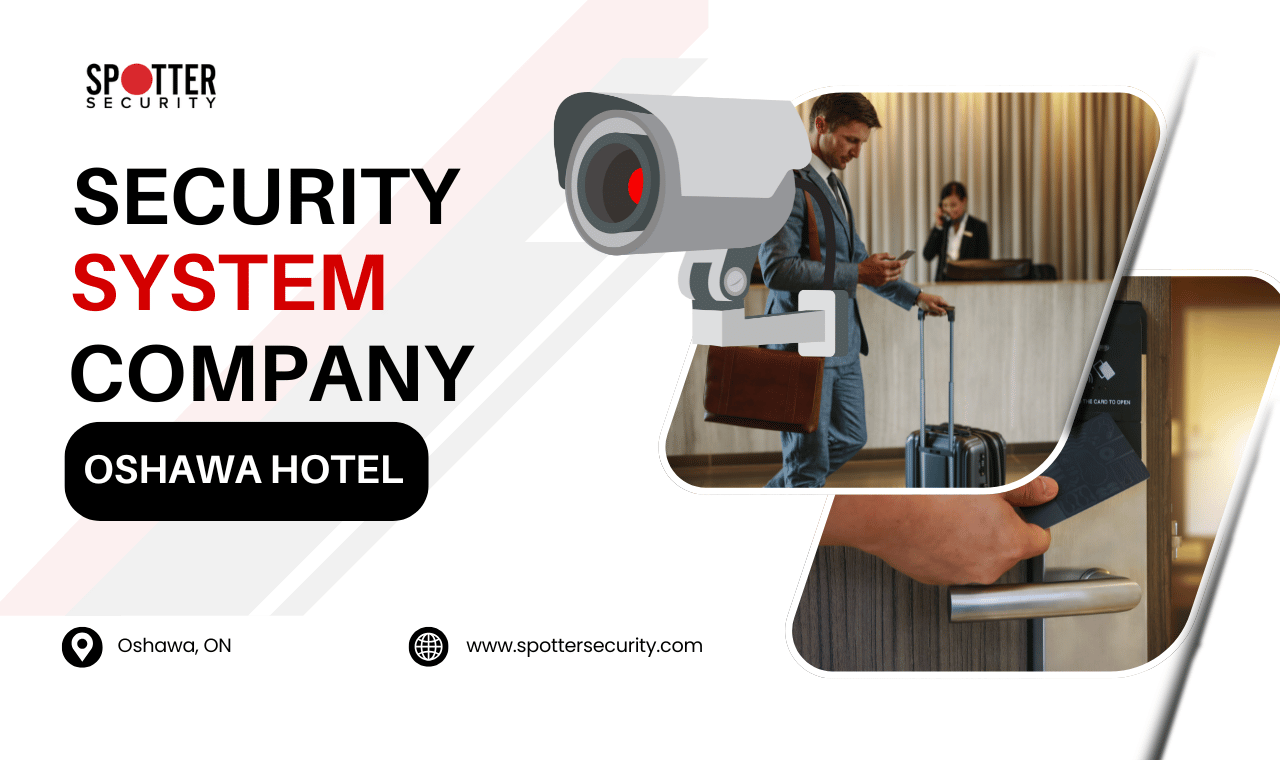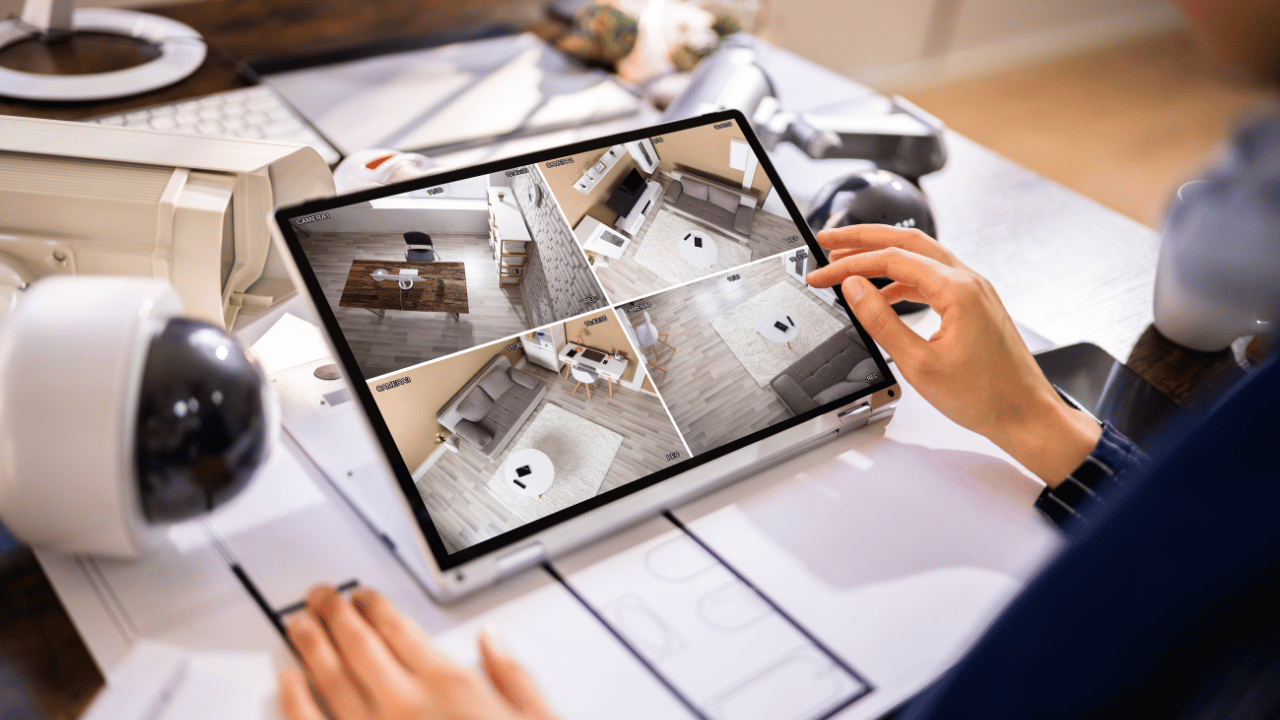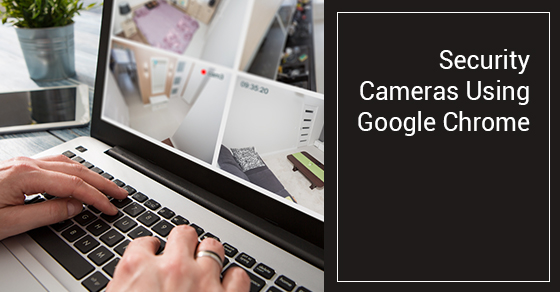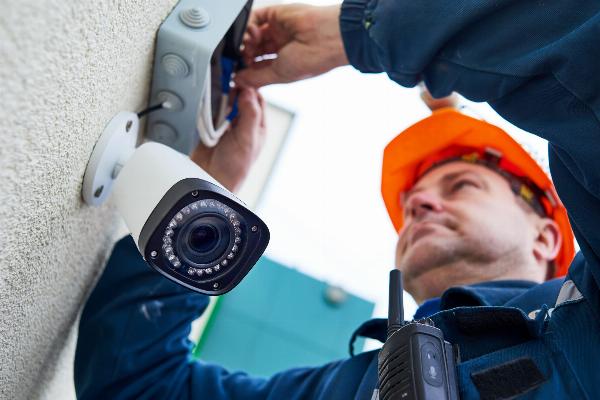What Is a Cloud Security System? Full Guide for Beginners
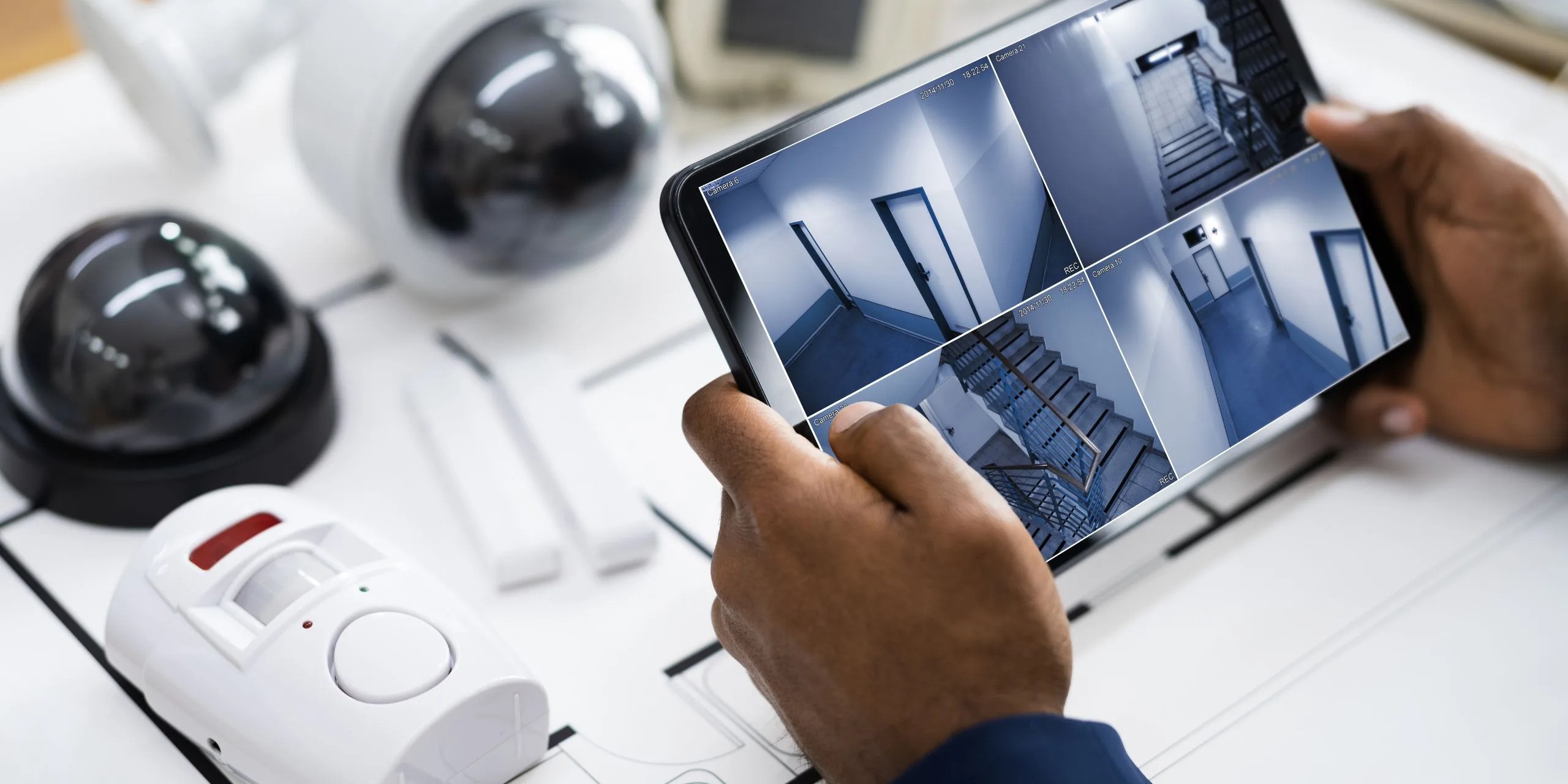
As technology becomes more integrated into our lives, the need for better security systems has never been more urgent. Whether it's to protect our homes, small businesses, or remote offices, the rise in property crime, package theft, and cybersecurity threats has pushed many to seek smarter, more efficient surveillance options.
Remote work has added another layer to this demand. People want to monitor their homes while working from coffee shops or coworking spaces. At the same time, smart home devices—from doorbells to smoke detectors—are becoming more common, creating a need for unified and centralized security solutions. Enter the cloud security system: a modern, flexible, and accessible solution that’s transforming how we stay safe.
Here’s everything you need to know if you're just getting started.
What Is a Cloud Security System?
A cloud security system is a surveillance setup that stores data—such as video footage, alerts, and analytics—in the cloud rather than on physical hardware like DVRs or NVRs. This allows users to access, manage, and monitor their security systems from anywhere using the internet.
Unlike traditional CCTV setups that rely on local storage, cloud-based systems leverage encrypted cloud servers to enhance accessibility, scalability, and safety.
Key Components of a Cloud Security System
Cloud-Connected Cameras
These are IP cameras that record footage and send it directly to the cloud. Many models offer features like motion detection, night vision, two-way audio, and integration with smoke detectors or alarm systems.
Cloud Storage
Footage is stored securely on remote servers. Depending on the provider, you can get continuous recording or event-triggered storage with various retention options.
User Dashboard or App
Most cloud security systems come with a user-friendly app or web dashboard where you can view live feeds, receive alerts, and customize settings.
Smart Integrations
Many systems are compatible with smart home devices, including smoke detectors, lights, locks, and thermostats—giving you control of your environment from one central platform.
Benefits of Cloud Security Systems
1. Remote Access
Check in on your property from anywhere. Whether you're at work, on vacation, or commuting, a cloud system gives you peace of mind at your fingertips.
2. Scalability
Adding more cameras or upgrading your system is easy. You’re not limited by hardware capacity, making it ideal for growing businesses or expanding households.
3. Enhanced Security
Cloud platforms use strong encryption and multi-factor authentication, reducing the risk of footage being lost or stolen compared to physical storage devices.
4. Smart Alerts and Automation
Receive instant alerts when motion is detected or when smoke detectors are triggered. Automate actions like turning on lights or sounding alarms when specific events occur.
5. Lower Maintenance
With no bulky recorders to maintain and updates happening automatically, cloud systems generally require less upkeep than traditional systems.
Cloud vs Traditional Security Systems
Storage
Traditional systems use local storage like DVRs, which can be stolen or damaged. Cloud systems store data in secure, off-site servers that are harder to tamper with.
Access
Traditional systems often require you to be on-site or use complex VPNs. Cloud systems let you log in from any device with internet access.
Cost
Initial costs for cloud systems can be lower due to less physical hardware. However, many cloud services require monthly subscriptions, which may add up over time. Still, considering the enhanced features—including integrations with smart alarms and smoke detectors—many find the cost worth it.
Pricing: Is It a Worthy Investment?
Cloud security system pricing depends on several factors:
- Number of cameras: More cameras mean higher costs.
- Storage plans: Subscription-based models range from $5 to $30+ per month.
- Features: Advanced AI detection, smart alerts, and integration with smoke detectors or other devices may raise the price.
While subscription fees can be a deterrent, they usually cover storage, support, and regular updates. The long-term benefits often outweigh the recurring cost, especially for those valuing flexibility and robust security.
How to Choose the Right Cloud Security System
Assess Your Needs
Do you need outdoor or indoor cameras? Do you want to integrate smoke detectors, door sensors, or alarms? Create a checklist based on your home or business layout.
Research Providers
Look for trusted brands that offer solid encryption, good user reviews, and responsive customer support. Features to look for include real-time alerts, cloud retention options, and AI-enhanced motion detection.
Consider Installation
Some systems are DIY-friendly, while others may require professional installation—especially if you're integrating with other systems like smart thermostats or smoke detectors.
Setup and Maintenance
Most cloud systems are easy to install:
- Mount the cameras.
- Connect to Wi-Fi.
- Download the app.
- Configure settings (such as detection zones or smoke detector integrations).
Routine maintenance includes checking your internet connection, ensuring camera lenses are clean, and updating the app or firmware regularly.
Final Thoughts
Cloud security systems offer a modern, effective solution for people looking to protect their property in an increasingly connected world. With flexible access, robust storage, and compatibility with smart home devices like smoke detectors, these systems cater to both tech-savvy users and beginners.
Whether you’re securing a home, office, or vacation property, investing in a cloud system is a smart step toward safer living. For those in specific regions, seeking professional help like Security Camera Installation Maple can simplify the process and ensure optimal setup.
FAQs
1. Do cloud security systems work without the internet?
They require the internet to upload footage and provide real-time access. Some may record locally during outages but upload once reconnected.
2. How much cloud storage do I need for a home system?
Most homes can start with 7–30 days of rolling storage. More footage or high-res video will need more space.
3. Are cloud security systems secure from hackers?
Reputable systems use encryption and multi-factor authentication to protect against unauthorized access.
4. Can I install a cloud security system myself?
Yes, many are DIY-friendly and come with detailed instructions. However, complex setups may benefit from professional help.
5. What’s the difference between cloud storage and local storage?
Cloud storage saves your data on remote servers accessible online, while local storage uses physical devices like hard drives or DVRs.
Note: IndiBlogHub features both user-submitted and editorial content. We do not verify third-party contributions. Read our Disclaimer and Privacy Policyfor details.




